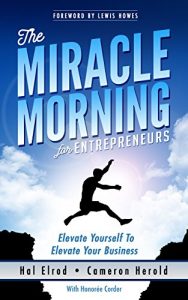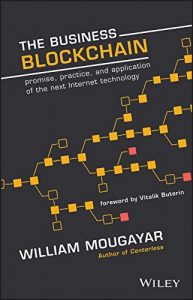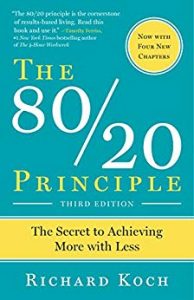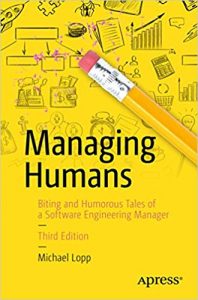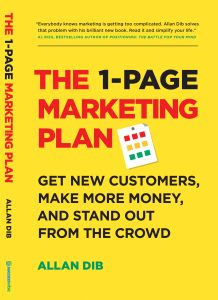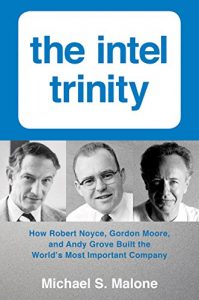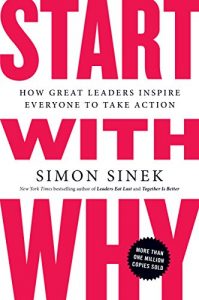Business books are generally very dry. Most times it feels like you’re reading an academic textbook or business journal article. Now, I’m not saying that there’s anything fundamentally wrong with that style. You can learn a lot from a good business book. I just find that it’s more enjoyable and easier to read a business book that teaches its concepts through an engaging, interactive story.
The first business book I read that was written in this style was The Goal by Eliyahu Goldratt. He used a fast-paced fictional story to show how his Theory of Constraints principles were applied to make a factory more efficient. I thoroughly enjoyed it and highly recommend reading it if you haven’t already. Since then, I’ve read a number of other business stories, including my latest read, The Energy Bus by Jon Gordon.
Continue reading

